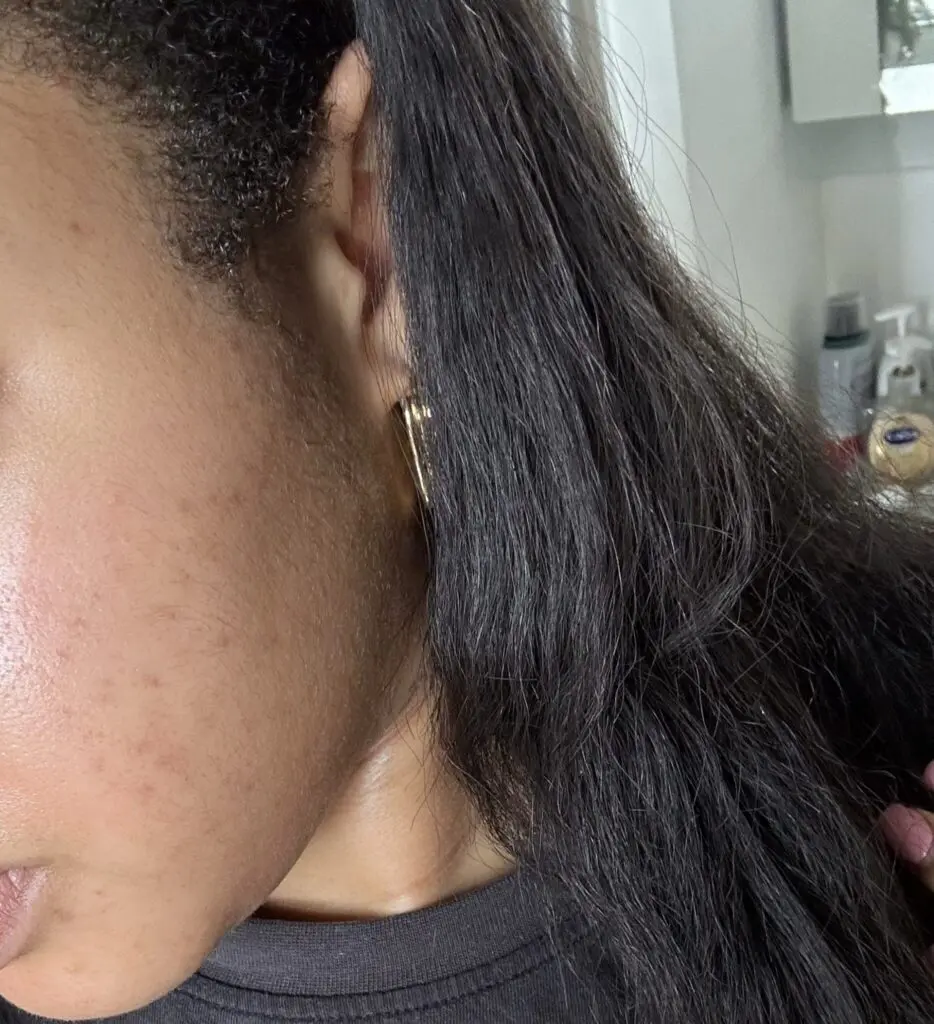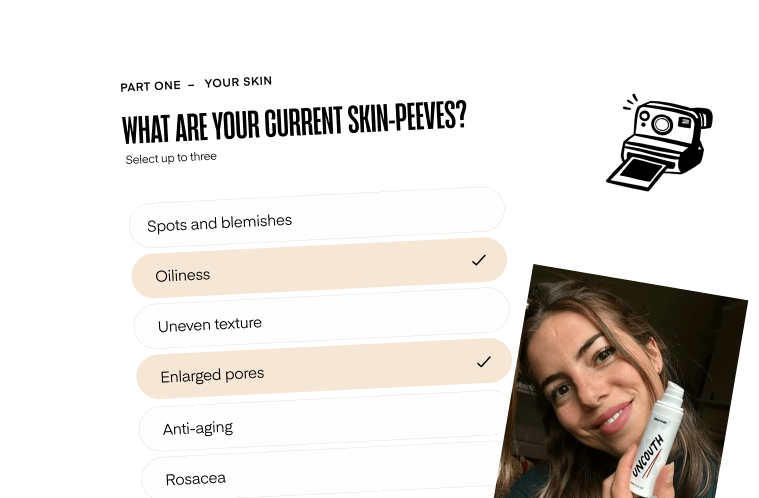straight-talking
journal
Your no nonsense skincare blog. Written by doctors.
All About Hydroquinone
23 February 2024 | Hydroquinone


Introduction:
Hyperpigmentation is a common skin complaint. Causes of hyperpigmentation on the face include melasma, post-inflammatory hyperpigmentation (PIH) from acne marks and photoaging.
Hydroquinone is a prescription-only ingredient that is still considered by many dermatologists as the gold standard for the treatment of hyperpigmentation.
How does it work?
Hydroquinone works by inhibiting the activity of the enzyme tyrosinase, which is essential for melanin production in the skin. By blocking tyrosinase, hydroquinone disrupts the synthesis of melanin, leading to a reduction in the production of pigment and lightening of dark spots.
What should I be aware of?
- Hydroquinone is a prescription grade ingredient and should be used only as directed by your prescriber.
- Use sunscreen: it can increase the skin’s sensitivity to the sun, so it’s crucial to apply a broad-spectrum sunscreen with SPF 30 or higher daily, even on cloudy days.
- Limit sun exposure: minimise sun exposure, especially during peak hours.
- Hydroquinone isn’t recommended for use in pregnancy or whilst breastfeeding.
- Follow a consistent routine: consistency is key to seeing results with hydroquinone cream. Stick to your skincare routine and be patient, as it may take several weeks to notice significant improvement in hyperpigmentation.
- Long-term use should be avoided due to potential side effects.
What are the alternatives to treating hyperpigmentation?
Alternative skincare ingredients that can help with hyperpigmentation include: retinoids, azelaic acid, tranexamic acid, kojic acid, vitamin C and niacinamide.
Conclusion:
Hydroquinone can offer an effective solution to various forms of hyperpigmentation, including melasma, post inflammatory hyperpigmentation from acne, and signs of photoaging. However it’s important to remember it’s a prescription only ingredient in the UK and is not suitable for long term use. Always remember to wear a high factor SpF!






